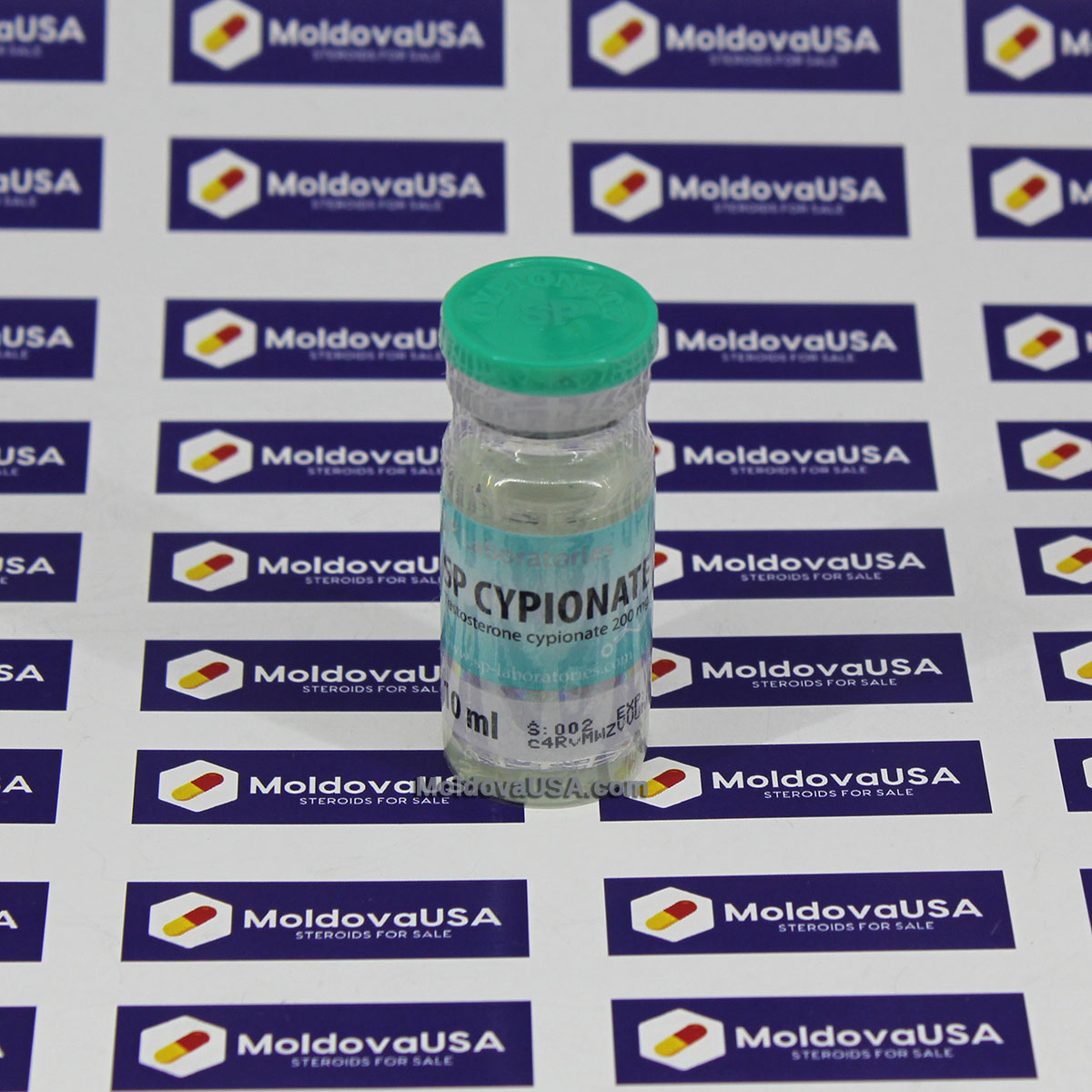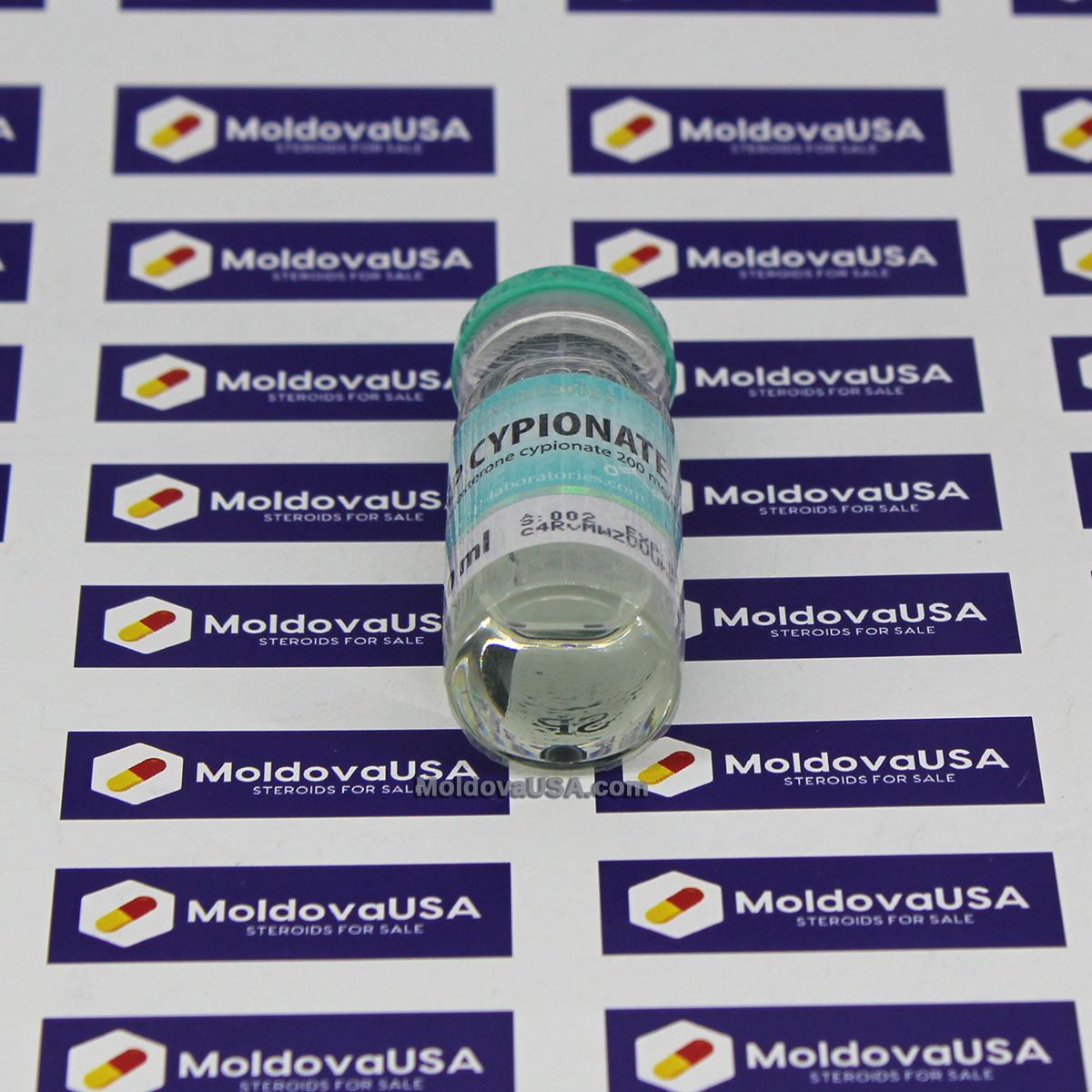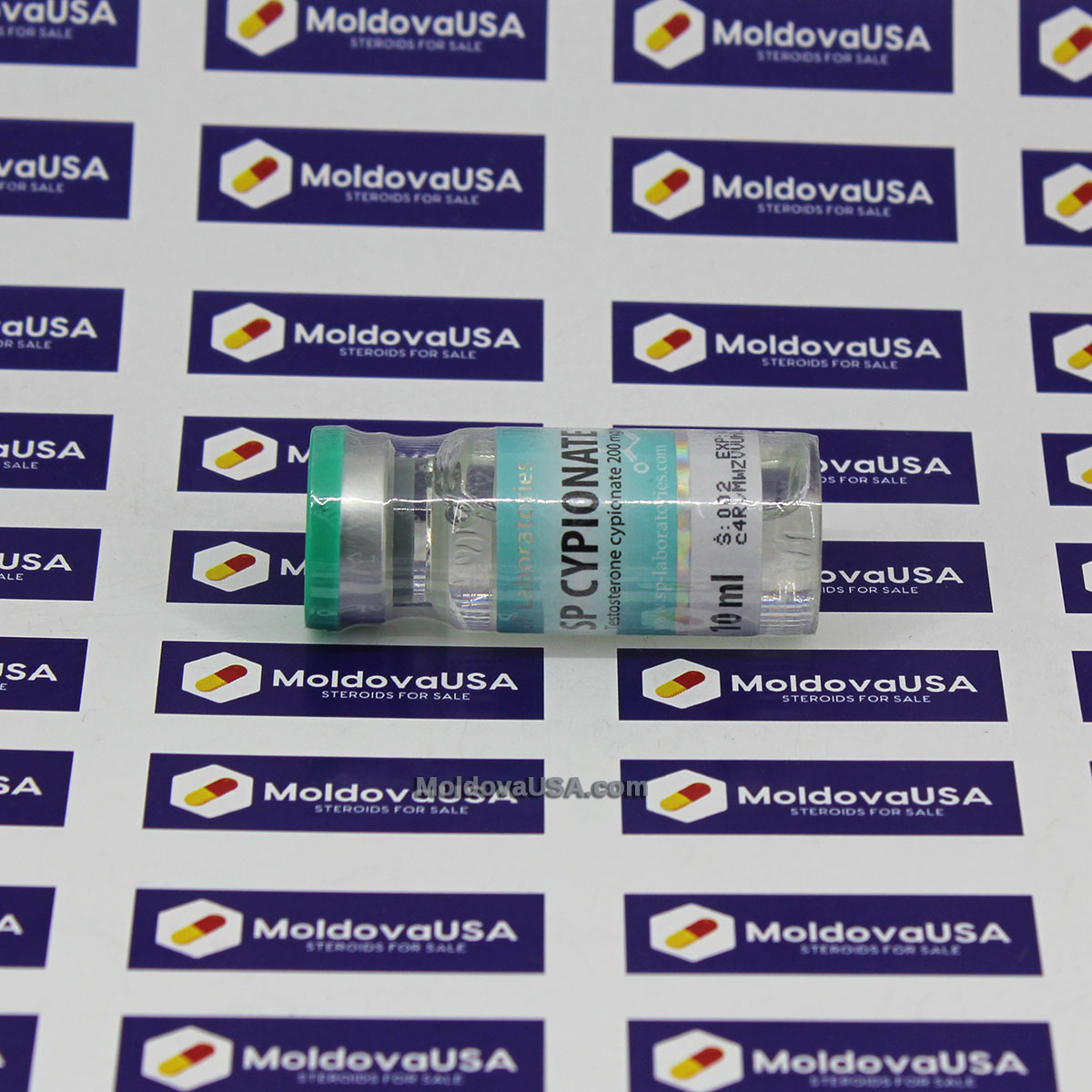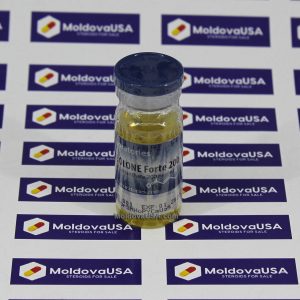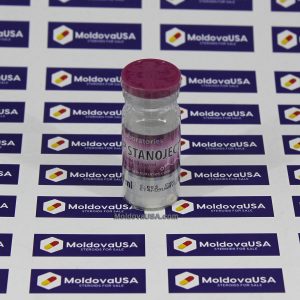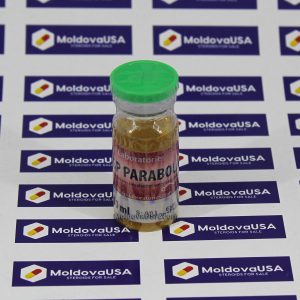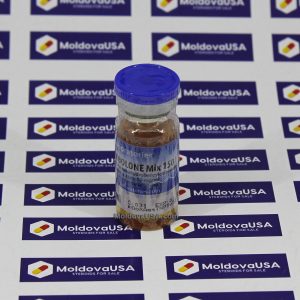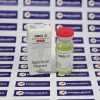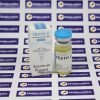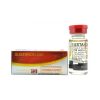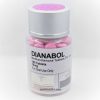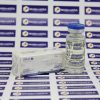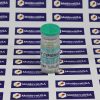Description
Notice: The old website for SP Laboratories, printed on all vials, was hacked and redirected. The new official domain and name is now SP Laboratory at www.sp-laboratory.com. The website address on all labels has been updated accordingly.
Testosterone cypionate, a prescription medication, is administered via an injection into the muscle. Your healthcare provider will provide instructions on how to self-administer this medication at home. The drug is available under the brand name Depo-Testosterone, as well as in generic form. Typically, generic medications are more cost-effective, although their availability may vary in terms of strength or form.
This medication is classified as a controlled substance, hence it is regulated by law. It is primarily prescribed for the treatment of hypogonadism in men, a condition characterized by inadequate testosterone production. Symptoms of low testosterone in men can include mood fluctuations, poor concentration, erectile issues, decreased libido, gynecomastia (breast enlargement), hair loss, muscle wasting, anemia, and osteoporosis.
Testosterone cypionate can treat both primary and hypogonadotropic hypogonadism. The former arises from insufficient testosterone production in the testicles, while the latter results from damage to the brain’s hypothalamus or pituitary gland.
Belonging to the class of medications known as androgens, testosterone cypionate functions by supplementing the body’s natural testosterone that it’s unable to produce. The injectable solution of this medication doesn’t cause drowsiness but may have other side effects. These can include acne, increased hair growth, gynecomastia, frequent or prolonged erections, mood alterations, and a reduction in sperm count at high doses. If such side effects persist, it’s advisable to consult with your doctor or pharmacist.
The dosage of testosterone cypionate varies based on the patient’s age, ranging from 50-200 mg administered intramuscularly once a week for adults, with a maximum limit of 400 mg per month. The duration of therapy is determined on an individual basis. Patients with liver impairment or certain cancers are advised to have regular checks for their calcium levels and liver function during the treatment. Caution should be exercised when prescribing testosterone to prepubertal adolescents to avoid premature cessation of growth and accelerated puberty.
The SP Cypionate 10 ml vial contains testosterona cypionate 200 mg/ml as the active ingredient. This long-acting testosterone ester has a half-life of 15-16 days in the body. Due to its prolonged action, it may result in more water retention than other anabolic steroids. It’s frequently used in combination therapies for muscle mass augmentation.
When on a steroid regimen, rapid cell hydration occurs, drawing a significant volume of water. While this enhances muscle appearance, it can result in a rollback once the testosterone cypionate is discontinued, as the increased mass is largely due to retained fluid. Besides, testosterone cypionate boosts erythrocyte production, improving oxygen supply to the muscles and enhancing an athlete’s endurance. It also contributes to a positive nitrogen balance, essential for sexual activity and spermatogenesis.
The recommended dosage of SP Cypionate 10 ml vial 200 mg/ml ranges from 200-800 mg once a week. However, exceeding a dosage of 1000 mg in a week can increase the risk of adverse effects, particularly in terms of muscle health.
It’s important to note that the effectiveness of testosterone cypionate, like any medication, can vary among individuals. Factors such as a person’s overall health, age, weight, and the severity of their condition can all influence how well the medication works and how much of it is needed.
Long-term use of testosterone cypionate can potentially lead to certain health risks. For example, it can cause polycythemia, a condition where the body produces too many red blood cells. This can increase the risk of blood clots, stroke, or heart attack. Therefore, regular blood tests to monitor red blood cell counts are recommended for individuals undergoing long-term therapy.
Furthermore, testosterone cypionate can interact with certain other medications. Particularly, patients taking insulin, blood thinners, or corticosteroids should let their doctor know, as adjustments to the dosage of these medications might be necessary when starting on testosterone cypionate.
On the positive side, testosterone cypionate can also have significant benefits for mental health. For men with low testosterone levels, replacing this hormone can lead to improvements in mood, energy levels, and overall quality of life. Some studies have even suggested a possible role for testosterone in protecting against cognitive decline in older men.
While testosterone cypionate is primarily used for male hormone replacement therapy, there are some potential off-label uses as well. For instance, it’s occasionally prescribed to postmenopausal women to help manage symptoms of low libido. However, this use is still somewhat controversial, and more research is needed to determine the safety and effectiveness of this approach.
In conclusion, testosterone cypionate is a powerful tool in managing hypogonadism and related conditions, but as with any medication, it should be used responsibly and under the guidance of a healthcare provider.

